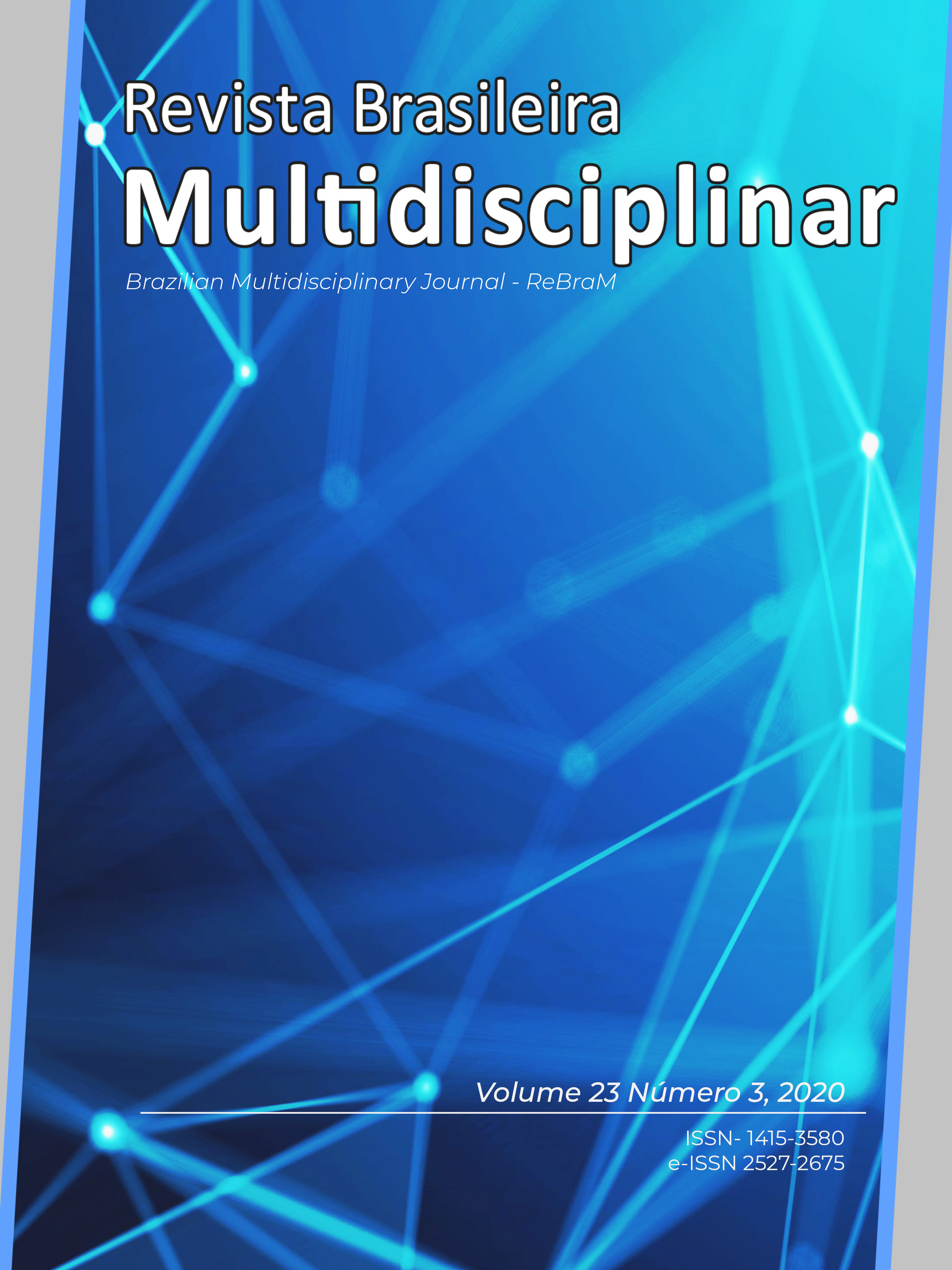MULHERES NA ATIVIDADE PESQUEIRA: UM ESTUDO NA COMUNIDADE DE NZETO-ANGOLA
Main Article Content
Abstract
The fishing activity is considered as a fundamentally male practice. In fishing communities, there is a social division of labor by gender and many women survive from other fishing modalities. This study concerns the fishing community of Nzeto (Zaire province, Angola), where artisanal fishing is traditionally a subsistence activity and aims to discuss the sociopolitical framing of gender in fishing activities, searching the relationship between fisherwomen and the environment. In order understand the fishing community and the observed co-op, as well as its workers, we asked 18 fisherwomen to answer the survey, 12 of them being from the co-op plus 6 who were not. We intended to divide them categorically aiming to establish a comparative study between fisherwomen who are integrated into an organization that defends their varied interests and those who exercise their profession without any support of institutional recognition. We verify that the integration of women in artisanal fishing is only accomplished thanks to their own initiative and efforts. Women take on the responsibility of transporting, stocking, and drying the fish, plus the selling. Besides, they also demand the construction of a facility where they can take shelter from direct exposure to sunlight and rain.They work under poor sanitary conditions, and handling the catch lacks better hygiene conditions. There are no choices but increasing the family income, even under hard and painful work conditions. From the cultural perspective, women taking control of the fishing process results in stigma´ rupture that attempts to exclude them from the productive circuit.
Downloads
Article Details
• The author (s) warrant that the contribution is original and unpublished and that it is not in the process of being evaluated in other journal (s);
• The journal is not responsible for the opinions, ideas and concepts issued in the texts, as they are the sole responsibility of the author (s);
• Publishers have the right to make textual adjustments and to adapt the article to the rules of publication.
Authors retain the copyright and grant the journal the right of first publication, with the work simultaneously licensed under the Creative Commons Attribution License, which allows the sharing of work with acknowledgment of authorship and initial publication in this journal.
Authors are authorized to take additional contracts separately, for non-exclusive distribution of the version of the work published in this journal (eg publish in institutional repository or as book chapter), with acknowledgment of authorship and initial publication in this journal.
Authors are allowed and encouraged to publish and distribute their work online (eg in institutional repositories or on their personal page) at any point before or during the editorial process, as this can generate productive changes as well as increase the impact and citation of the published work (See The Effect of Free Access) at http://opcit.eprints.org/oacitation-biblio.html
References
ALMEIDA, M. C. E. A saúde e doença em sua relação com o trabalho das pescadoras/marisqueiras da mesoregião Nordeste Paraense. 2016. 141 f. Dissertaçao (mestrado em Saúde Pública). Fundação Oswaldo Cruz/Escola Nacional de Saúde Pública Sergio Arouca, Rio de Janeiro, 2016.
ANGOLA. Ministério das Pescas. Plano de desenvolvimento da pesca artesanal. Luanda: MPA, 2013.
______. Portal Oficial do Governo de Angola. Luanda, s. d. Disponível em: <http://www.governo.gov.ao/>. Acesso em: 15 mar. 2018.
ANGOP - Angola Press. Praia do Nzeto transformada em local de auto-sustento. 20 set. 2017. Disponível em: <http://www.angop.ao/angola/pt_pt/noticias/sociedade/2017/8/38/ZairePraia-Nzeto-transformada-local-auto-sustento,8e26526d-2a62-4091-a73b.
_____. Zona industrial nasce no Nzeto em 2017. 25 maio 2016. Disponivel em: <http://www.angop.ao/angola/pt_pt/noticias/angola-acontece/2016/4/21/Angola-Zonauesgmar. 2018.
BECK, A. Pertence à Mulher : Mulher e Trabalho em Comunidades Pesqueiras do Litoral de Santa Catarina. Revista de Ciências Humanas, v. 7, n. 10, p. 8–24, 1991.
COSTA, L. S. O cooperativismo: uma reflexão teórica. Ciências Sociais em Perspectiva, v. 11, n. 6, p. 55–64, 2007.
DELGADO, J.; TAVARES, M. S. (Trans)versalidades de gênero e geração nas políticas sociais: o lugar de mulheres e idosos. Caderno Espaço Feminino, v. 25, n. 2, p. 79–97, 2012.
FAO - Food and Agriculture Organization. Angola Country Programming Framework 20132017. Faostat, p. 40, 2012.
FIGUEIREDO, M. M.; PROST, C. O trabalho da mulher na cadeia produtiva da pesca artesanal. Revista Feminismos, v. 2, n. 1, p. 82–93, 2014.
FRANGOUDES, K.; GERRARS, S. (En)Gendering Change in Small-Scale Fisheries and Fishing Communities in a Globalized World. Maritime Studies, v.17, p. 117-124, 2018.
GONÇALVES,H.J. B.;QUEDA, O. ;RIBEIRO,M.L. Pescadores Artesanais na Comunidade Pesqueira do Nzeto-Angola , Anais do VIII Simpósio Sobre Reforma Agrária e Questões Rurais Terra, Trabalho e Lutas No Século XXI: Projetos Em Disputa , UNIARA 2018.
INE - Instituto Nacional de Estatística (Angola). Inquérito integrado sobre bem-estar da população/IBEP. Relatório, v. III - perfil da pobreza. Luanda: INE, 2013.
______. Projeção da população da província do Zaire, 2014. Luanda: INE, 2016a
______. Recenseamento geral da população e habitação. Resultados definitivos da província do Zaire. Luanda: INE, 2016b.
MANESCHY, M. C.; ESCALLIER, C. Parceiras de terra: o trabalho das mulheres na pesca em Vigia, litoral do Pará. In: FURTADO, L. G.; QUARESMA, H. D. B. (Eds.). Gente e ambiente no mundo da pesca artesanal. Belém: Museu Paraense Emílio Goeldi, 2002. p. 57–90.
MANESCHY, M.C.; SIQUEIRA, D.; ÁLVARES, M.L.M. Pescadoras: subordinação de gênero e empoderamento. Estudos Feministas, v. 20, n.3, p. 713–737. Florianópolis, 2012.
NASCIMENTO, A. Obstáculos aos direitos humanos das mulheres deslocadas internamente: o caso angolano. Revista Angolana de Sociologia, n.13, p. 49-66, 2014.
PNUD. Síntese o trabalho como motor do desenvolvimento humano. Equipa do relatório do desenvolvimento humano 2015. Nova York; ONU, 2015. p. 1-40.
RAEMAEKERS, B. S.; SUNDE, J. The diverse and productive fisheries in Africa’s coastal. Yemaya, p. 10–11, 2015.
RAMALHO, C.W.N. Ah, esse povo do mar! Um estudo sobre trabalho e pertencimento na pesca artesanal pernambucana. São Paulo/Campinas: Polis/Ceres-Unicamp, 2006.
SOARES, S. M. As pescadoras e a luta por reconhecimento - “O trabalho não visto”. V Jornada Internacional de Políticas Públicas. Anais...São Luís do Maranhão: V Jornada Internacional de Políticas Públicas, 2011.





